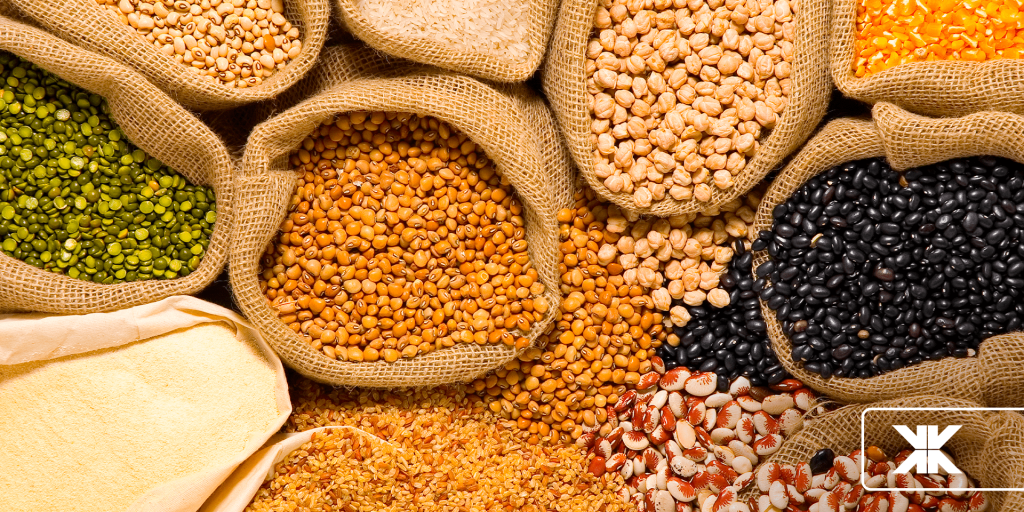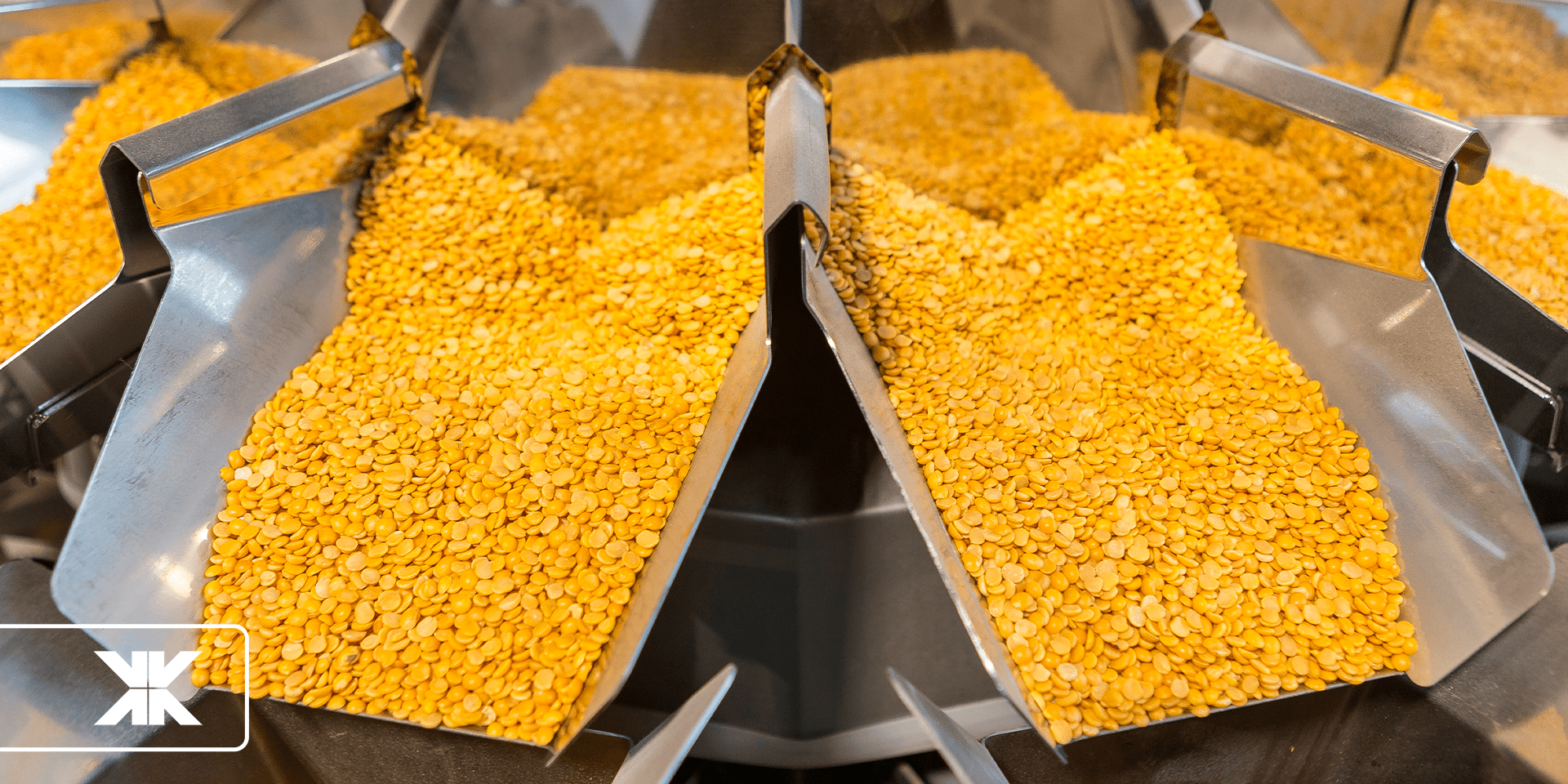
Categoria: Packaging, Processes
HOW TO REDUCE WASTE IN GRAIN PACKAGING
Grain waste is a serious pain in the agricultural industry.
According to a study released by the National Supply Company (Conab), the estimate is that Brazil wasted, in 2020 alone, 36.7 million tons of grains, equivalent to 15% of the harvest of rice, barley, corn, soybeans and wheat in the country.
The volume, which would be enough to feed 11.2 million people for a year, represents a loss of R$20 billion for agribusiness, requiring a continuous effort from producers to reduce this deficit.
Reducing waste in grain packaging can help reduce overall waste in the industry, promote sustainability, and represent a financially smart approach. Continue reading and find out how to do this.
Read also: 5 tips to reduce waste in the industry
Tips for reducing waste in grain packaging
Although losses can occur at various stages of the production chain, from harvesting to consumption, the packaging process, in particular, plays a crucial role in this equation, being a key step to implementing more efficient practices.
Next, we will cover some tips for reducing losses during packaging in your grain industry.
Optimization of dosing processes

Grain dosing is a fundamental stage of packaging, as it is responsible for determining the quantity of product that will be packaged. Precise dosage is important to avoid excess or lack of product, which can lead to waste.
To optimize dosing processes, it is important to consider the following factors:
- The type of grain, as different types of grains have varying densities and sizes, which can affect the dosage.
- The size of the packaging, which also affects the dosage.
- Packaging speed, which impacts dosage.
Use of efficient packaging Technologies
In addition to precise dosing, there are other technologies that can help reduce grain waste during packaging, such as:
- Quality control systems: capable of verifying whether the grains meet established quality standards, preventing damaged or contaminated grains from being packaged.
- Efficient sealing systems: which seal the package without wasting packaging material.
Attention to weight and quality control
The implementation of control and inspection systems is important to ensure that grains are packaged within established quality and weight standards. These systems help identify and correct problems that could lead to waste.
Use of appropriate packaging
Grain packaging must be made with resistant materials and must be designed to allow ventilation of the grains, preventing them from spoiling.
Overall, proper packaging protects grains from physical damage such as breakage and contamination, maintains product quality during storage and transportation, and helps keep grains in good condition, preventing waste.
In doubt whether the packaging you use is ideal? Learn about the types of packaging testing and their importance in reducing waste.
Preventive maintenance of equipment
When packaging equipment stops unexpectedly, entire production is compromised. As they are perishable foods, you may lose part of your production.
Preventative maintenance of equipment helps prevent failures that can lead to grain waste.
Proper operator training
Proper operator training helps ensure packaging processes are carried out efficiently and without waste.
When well trained, professionals are able to identify and prevent product losses during packaging. Indumak offers operator training to all customers purchasing automatic packaging solutions.
The training is carried out by qualified and experienced professionals and aims to enable employees to operate the machines in a safe and efficient manner, contributing to increased productivity.
Inventory and turnover management
Do you have accurate control of your stock?
Good inventory and rotation management helps prevent grains from being stored for a long time and spoiling, generating waste.
Real-time monitoring
Real-time monitoring of packaging processes helps to quickly identify and correct problems, preventing losses from occurring at this stage.
Lin-K is Indumak’s exclusive solution that monitors the performance of the equipment involved in the packaging stage. The system collects information that contributes to data analysis, which, in turn, enables much more agile and efficient decision-making.
Indumak and grain packaging
Indumak offers a wide range of solutions for the grains segment that can help reduce waste, such as:
Weighing accessories and metal detectors
By adopting solutions that help reduce grain waste, you improve your efficiency, reduce costs and increase your profitability.
To facilitate your acquisition, we work with financing lines that meet your needs. Don’t let this opportunity slip away, request a no-obligation quote.
Our experts are prepared to offer equipment tailored to your needs.







